Reading time: 8 minutes
In a crazy world significantly dependent on corporations, the idea of going off grid and becoming independent, self-reliant and self-sufficient becomes increasingly attractive.
This lifestyle, characterized by disconnection from utility services such as water and electricity, and a commitment to self-sufficiency, appeals to those looking to live a simple and free life.
So, in this article we will explore some of the motivations, challenges and benefits of going off grid, and shed some light into what it takes to truly follow this path.
The Motivations
Before start I want to say…
We are not experts. On the contrary, we are just two off-grid newbies motivated by the dream of living a simple and free life.
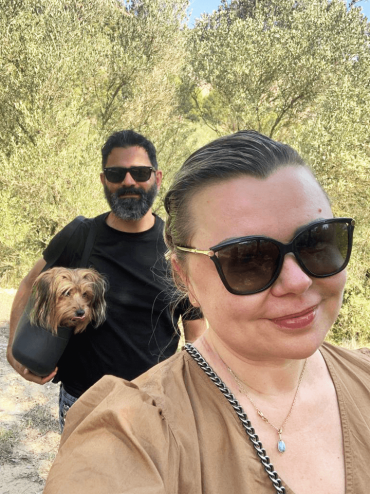
For you to get to know us better and to learn about our history and how we got here, I recommend that you read the article About Us.
There are several desires that motivate people to going off grid. Some are motivated by the desire for independence, self-sufficiency or environmental concerns.
For us, the desire was and still is to live a simple and free life. The motivation wasn’t always there, it came in 2020 during those nonsense restrictions, when the world turned upside down.
Independence and Autonomy
For many, the appeal of going off grid lies in the freedom from dependence on corporations, public services or governments.
Going off grid means producing your own power, sourcing your own water, and often growing your own food. This can lead to a profound sense of self-reliance and control over your life.
Environmental Sustainability
Reducing the impact on the envoriment it is a significant motivator.
Going off grid involves utilizing renewable energy sources such as solar, wind, or hydro power, which are far less polluting than fossil fuels used by the grid.
In the Eridu Life project we are seeking self-sustainability. Therefore we will use an off-grid solar system.
Minimalism
Another important point to consider before going off the grid is adopting a minimalist lifestyle. This lifestyle is more in harmony with nature.
For us, minimalism was and still is an important part of the off-grid journey.
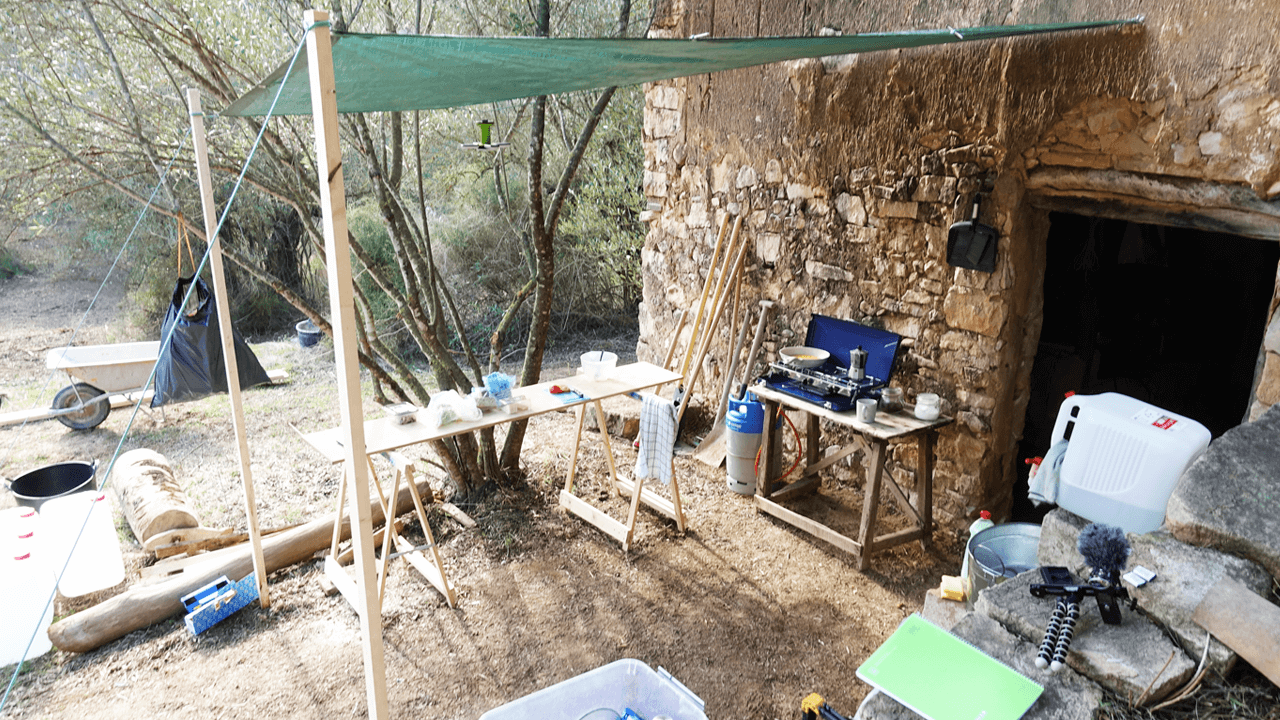
Financial Savings
Although the initial investment in infrastructure is high, the long-term savings are substantial.
With no monthly utility bills, living off the grid can be much cheaper. This financial independence is appealing to those looking to live a debt free life.
Quality of Life
Many find that off-grid living offers a higher quality of life.
The connection with nature, the physical work involved, and the simplicity of the lifestyle can lead to improved mental and physical health.
Certainly this is import for us and for those looking for this lifestyle.
The Essentials of Going Off Grid
Move off the grid requires careful planning, understanding of the necessary infrastructure and wise investment. Some of the essential components include:
Energy Production
Solar panels are the most common choice for off-grid power due to their declining cost and increasing efficiency. Wind turbines and micro-hydro systems are also viable options depending on your location.
In our case a reliable battery storage system is crucial to ensure a constant power supply.
Water Supply
Securing a reliable source of clean water is essential. This might involve drilling a well, harvesting rainwater, or accessing a nearby stream or lake.
Since this is so important, we are building an off grid water system that will supply water for our abandoned farm.
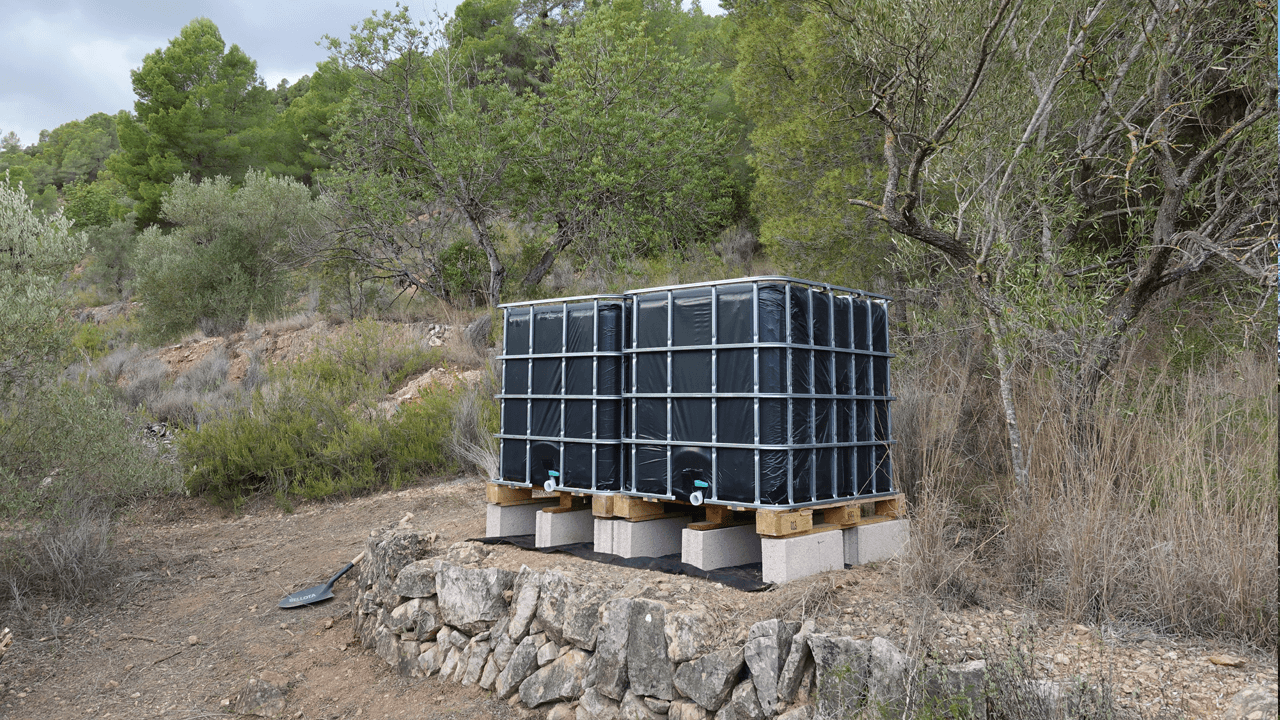
Another thing to consider is water purification systems. These are also important to ensure the running water is safe to drink. A good choice would be to install a double reverse osmosis filtration system.
Shelter
Building or renovating an off grid home involves considering energy efficiency and sustainability.
In most cases, off-grid houses are often equipped with insulation, natural materials, and other elements that minimize energy use.
We are restoring a 300-year-old stone house, and this will take a lot of planning, investment, time and effort. Until the restoration is completed, we will be temporarily living in a caravan.
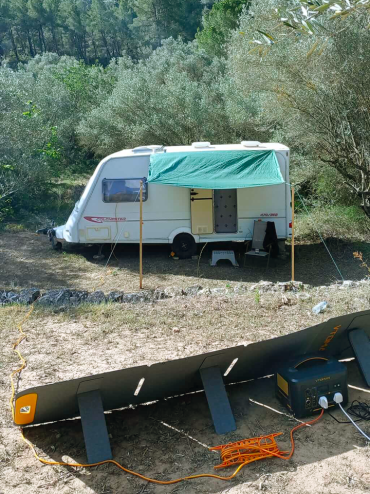
Waste Management
Managing waste sustainably is a critical aspect of off-grid living. Composting toilets and greywater systems help recycle waste and minimize environmental impact.
Proper waste disposal and recycling practices such as greywater are essential to maintaining hygiene and reducing pollution.
Food Production
Many off-grid enthusiasts grow their own food, which can range from small vegetable gardens to more extensive farming operations.
We are intented to start our vegetable garden soon 🙂
Growing your own food not only provides food security but also reduces the need for transportation, packaging and dependance on corporations.
The Challenges
While living off the grid can be very attractive and beneficial, the lifestyle brings with it its own set of challenges. Some of the challenges are:
Initial Costs
The upfront investment in solar panels, batteries, water systems, and other infrastructure can be significant. However, many find that these costs are offset by long-term savings on utility bills.
This is important to consider 🙂
Buying Land
By far buying land is the biggest initial cost for those who want to go off grid.
When we bought our abandoned land in Spain, this was our biggest initial investment. But this cost will be offset by the long-term use of the land.
Watch the video:
Our land has been abandoned for more than 100 years. The vegetation is overgrown. The 300+ years old stone house is in ruins and there is no running water. But the land is special for us.
Labor and Maintenance
Living off-grid requires a considerable amount of work and maintenance.
From repairing solar panels to tending gardens, planting trees, hauling water… The lifestyle demands a hands-on approach that isn’t suitable for everyone.
To be honest, I love the struggle 🙂
Learning Curve
There is a steep learning curve associated with off-grid living.
Acquiring the necessary skills and knowledge can take time and effort. However, many find this aspect rewarding as they become more self-sufficient and more resourceful.
Isolation
Depending on your location, life off the grid can be lonely one.
This lifestyle often means living in remote areas such as mountains or deserts. Far from the conveniences and opportunities of urban life.
Before going off grid it is important to consider the social and psychological impacts of this isolation.
Regulations and Legal Issues
Local legislation and laws can pose challenges for those who wish to go off-grid.
Zoning laws, building codes, national parks, conservation areas, etc… These are some of the things to consider before going off-grid.
Learning to navigate the system carefully is a good tip to avoid fines and ensure compliance.
The Benefits
Despite all the challenges, many who adopt the off grid lifestyle find it deeply rewarding. Some of the benefits include:
Sustainability
Living off the grid can significantly reduce your environmental impact.
Using renewable energy, minimizing waste and applying permaculture principles, living off the grid can be a simple and efficient solution for the future of our planet.
Permaculture
Permaculture is system that emphasize principles of sustainability and self-reliance. This system promotes efficient energy use, water conservation, and waste recycling, fostering an environmentally friendly and resilient way of life.
Health and Well-Being
The physical activity involved in off-grid living, coupled with a closer connection to nature, can lead to improved physical and mental health.
The simplicity of the lifestyle often leads to reduced stress and a greater sense of peace.
Financial Freedom
Without the burden of monthly utility bills, many off-grid dwellers achieve a level of financial freedom that allows them to pursue other passions and interests. This can lead to a more fulfilling and enjoyable life.
Resilience
Off-grid living builds resilience and adaptability. The skills and knowledge required to maintain an off-grid lifestyle can be empowering and provide a sense of security in an uncertain world.
Conclusion
Most of the insights shared in this article came from research and applied knowledge based on trial and error, not just theory.
Going off grid is a bold choice that requires careful planning, hard work, and a willingness to embrace a simpler, more sustainable way of life.
Whether motivated by the desire for independence, self-reliance, self-sustainability or the pursuit of a simple life, living off the grid represents a viable alternative to the crazy world we live in.
That’s it for this article. Did you like it?
Leave your comment or suggestion below. I love responding to all comments and I always do it personally.
Talk to you soon 🙂
P.S. If you would like to help us build our dream home, you can do it here. Or if you would like to help us continue recording videos, you can do it here. Either way, your support is very much appreciated.

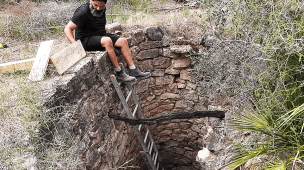
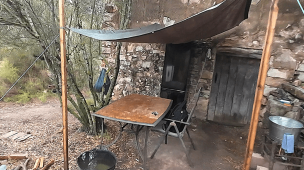
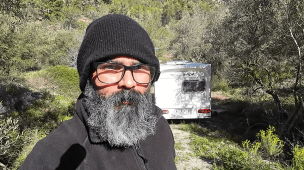
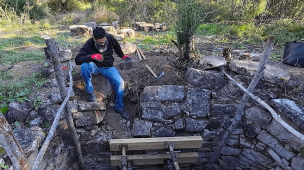
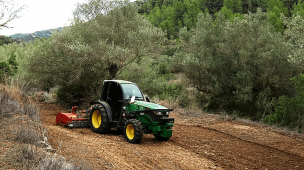
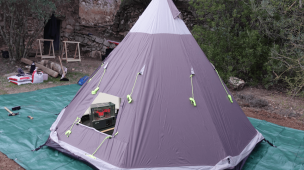
Permalink
Very educational article. I think your project is a complex one, but as you said with a lot of planning and hard work involved, anything is possible.
Permalink
Hello Perry. It is true. With the proper amount of planning and hard work anything is possible. Thank you 🙂
Permalink
Good article. Me and my partner are doing the same thing in Ireland. Keep strong!
Permalink
Hello Jonny. That is great to hear. I will you guys best of luck!
Permalink
Hi Ricardo. My wife and I are planning to move to Spain and start a off the grid life, and this article helped a lot. Spain is our chosen destination. Greetings from the Netherlands. Michael and Monike (We love the YouTube content)
Permalink
Hi Michael, That is great! We are in Baix Ebre region and there is a lot of dutch people around here. El Perelo, Rasquera, Mora D’ebre, etc. These are great locations for you to look into in case you want to live in the north of Spain. Thank you for your comment!